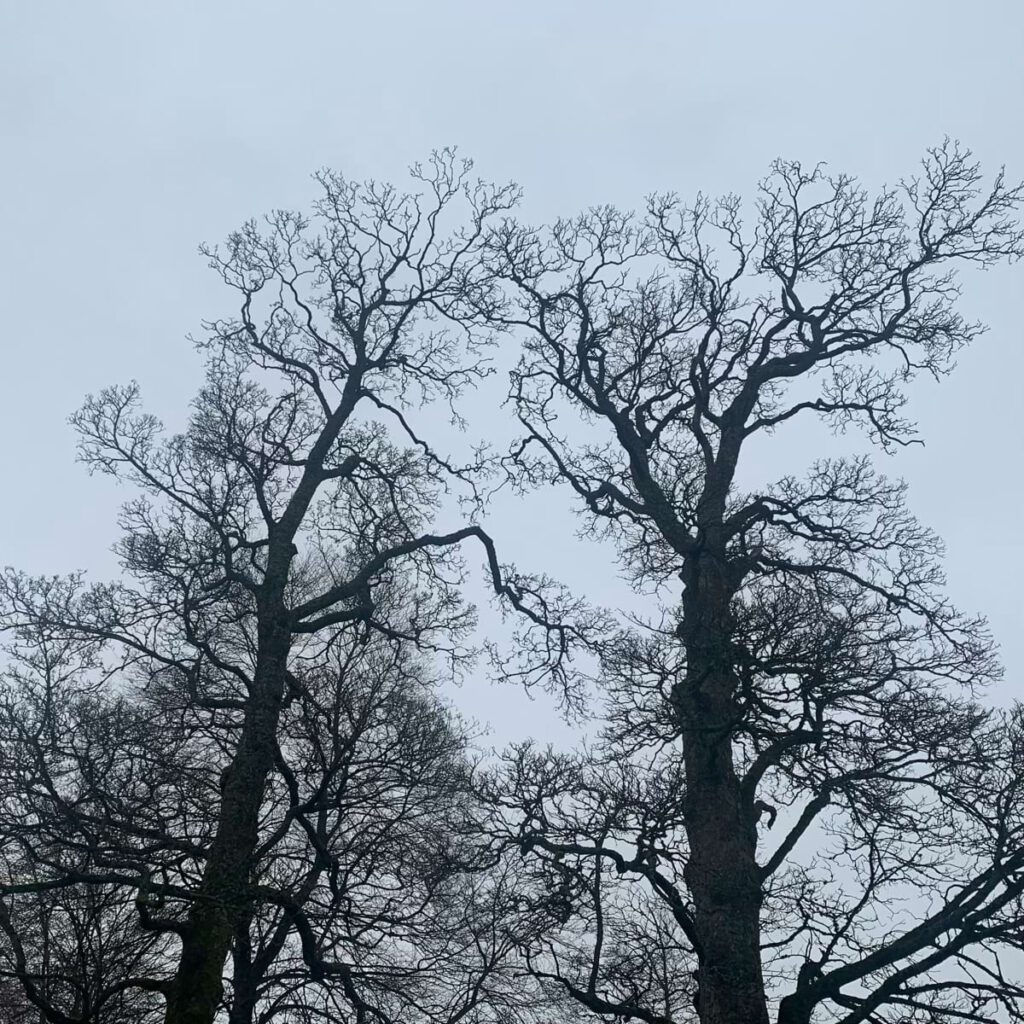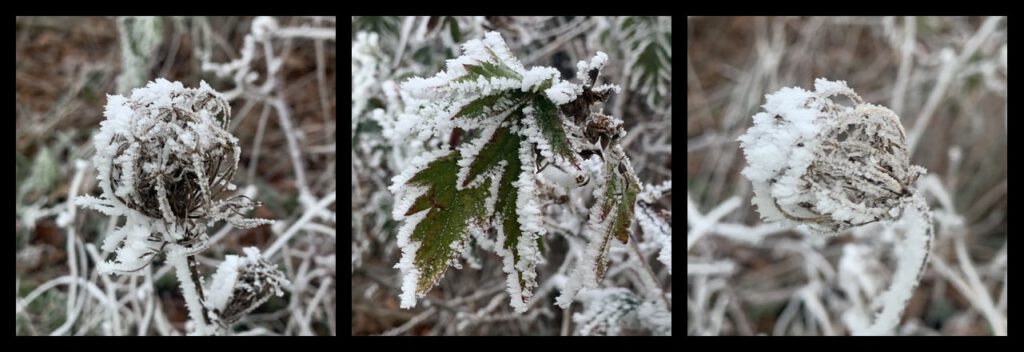A very interesting read: How a return to blogs and wikis could benefit teachers | Tes
Unlike social media, these older content-creation tools did not restrict the length of contributions or steal your attention every waking moment with incessant dopamine-releasing notifications. Instead, they allowed developing thoughts to be published, ideas shared and shaped, links made to like-minded thinkers, and documents to be written collaboratively – the very values cherished by both luminaries of the Scottish Enlightenment and the creator of the web.
And
What was missing in 2010 was any sort of directory: a working record 1 of the many flowering blogs, themes and ideas. A “ScotsEdu” wiki would quickly establish this, editable by all, allowing for information to be updated quickly and providing a map for educators, linking ideas, papers and research.
In short, it would provide a one-stop shop to support an ongoing national discussion about Scottish education.
I saw this article via twitter after a link was tweeted by Ollie Bray. Ironically Ollie was once a very prolific Scottish educational blogger.
A working record
A working record is not missing, but perhaps un-noticed. ScotEduBlogs has a record of posts going back to 2006!
ScotEduBlogs goes back to a Wiki started by Ewan McIntosh on Wikispaces. When the list of blogs became a bit to long to follow by clicking links, we 2 created ScotEduBlogs . At first it consisted of a aggregation of posts from across Scotland and a supporting Wiki. Over the years it has shrunk to an aggregation site now maintained, in a fairly lax fashion, by myself.
The site started aggregating class & teacher blogs. After the move to WordPress I reduced it to ‘professional’ blogs. It had gained some higher education blogs, but the frequency of posts has dropped.
The article made me visit the backend of SEB for the first time in a while. Much to my embarrassment I found a request to join by the TES article’s author Andrew McLaughlin. I’ve now added his blog. The form on the site has failed to send me an email. I added a link to email me requests, which should do as a stopgap.
I took a moment to improve the menus on mobile. I also set up a mastodon account for SEB so that people can get the link to new activity in their mastodon account in the same way as they could follow the twitter account. Given the current twitter woes, I hope the mastodon account will be useful.
It might be time for a revival of ScotEduBlogs. I would be delighted to add more sites. I’d also be interested in any ideas for improving the site
Personally I rarely visit the SEB site, I subscribe to its RSS Feed in my feed reader. This gives me all the news from all the blogs in SEB without having to subscribe to them all individually.



